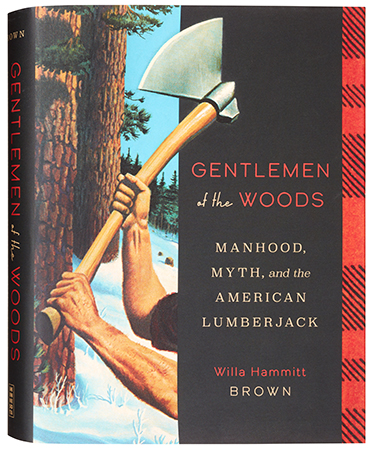
DREAM STATE
Eric Puchner
Author Eric Puchner ’92 has written an engaging new novel that explores family ties, the meaning of friendship, and the whimsies of fate that can change the course of relationships in unimagined ways. The story follows the lives of Cece, Charlie, and Garrett, beginning in the summer Cece and Charlie are to be married, with Charlie’s best friend, Garrett, acting as officiant. Cece is in love and happy, but her interactions with the rough-edged Garrett make her increasingly question her future. As the story spans the next 50 years, the actions of these memorable characters and the resulting repercussions for them and for their children weave together a moving and engrossing plot. Setting his novel in the vastness and beauty of Montana, Puchner intertwines the events of the tale with the impact climate change is having on the beloved landscape. Written in beautiful, evocative prose and full of warmth and humor, this story pulls you into caring about what happens to these people whose lives are unfolding in intimate, yet universally human, ways.

HEALING WITH HAIKU
Anne Helfer
Writing has always been one method for people to express conflicted feelings, work through grief, or deal with mental challenges that are difficult to voice in spoken words. But often writing is not the first way people grapple with emotion, and psychotherapist Anne Helfer, MA Spanish ’88 believes strongly that it can be a powerful tool. She has written Healing with Haiku: A Poetic Exploration of Self as a “workbook,” a guide to learning how to access therapeutic writing through the mindfulness and self-expression of haiku. Within her practice, Helfer has found she can help clients find their inner voices with the written word. But writing can be daunting, and she has learned that haiku is often the most accessible form of expression for her students. It’s short and concise and has a structured format that almost makes it easier to choose the words needed to explore inner truths and existential matters. Helfer is an expert guide, and her book is full of not only good instructions but plenty of examples of haiku to lead a writer toward healing.

KING OF BROADWAY
Dan Elish
Author Dan Elish ’83 is no stranger to Broadway. He wrote the book for 13, an original musical with music and lyrics by Jason Robert Brown that has been performed all over the world and is now a movie on Netflix. But he didn’t always have success with Broadway—after writing his children’s book The Worldwide Dessert Contest, he decided it might make a good musical and sent the book to Stephen Sondheim, asking if he’d like to collaborate. Sondheim politely said no. Now Elish has come out with his charming, madcap novel, King of Broadway, where he reimagines the outcome of that request as 25-year-old main character Ben Willis asks the legendary composer, Horatio King, the same question. After King throws Willis out of his apartment (and throws his Tony Award after him), King eventually agrees, and the story follows their collaboration as they write the musical and have it produced. The relationship between this odd couple is wonderfully developed as they make their way through all the vagaries of the theater world. In Elish’s words, “You might say that the book is a humorous love letter to musical theater today.” But more importantly, it’s a fun read.

GENTLEMEN OF THE WOODS
Willa Hammitt Brown
In the second half of the 19th century, massive lumbering took place in the North Woods of Minnesota, Wisconsin, and Michigan. Areas of dense forest were laid bare in a matter of years as industrialization took hold of America. Thousands of men were employed as lumberjacks to complete the task, hired from all over: New England, Canada, eventually Europe. With the folktale of Paul Bunyan, the manly symbol of the labor, lumberjacks took on a mythic and romantic aura over time. In her well-researched book, Willa Hammitt Brown ’07 strives to tell the real story of these men, their experiences, and their place in American history. Rather than being looked on as heroes, these itinerant workers were often despised as amoral transients by the residents of the nearby boomtowns. Hard work, low pay, and constant moving from camp to camp defined the life they led, and yet over the years, the lumberjack became glorified as a powerful woodsman at one with nature, experiencing meaningful existence in his job. Brown delves into how easily views of history are changed through the years by stories and legends handed down, and about our eagerness to believe in better times. Along the way, she tells a compelling narrative about the lives of these men that reveals how far a romantic spin can be from the truth.

Leave a Reply